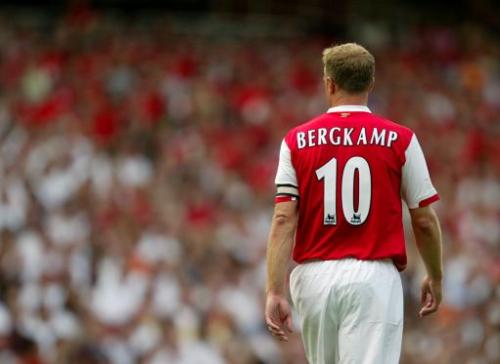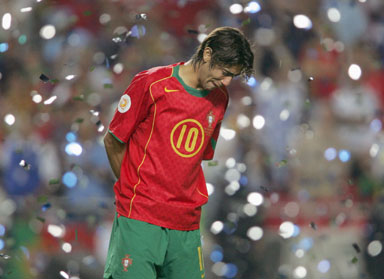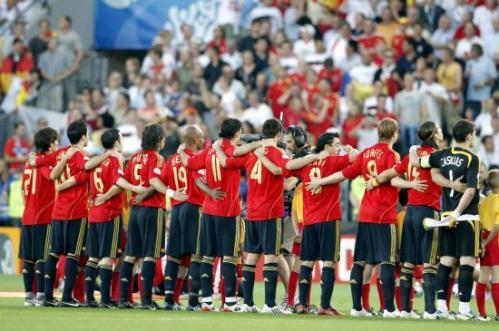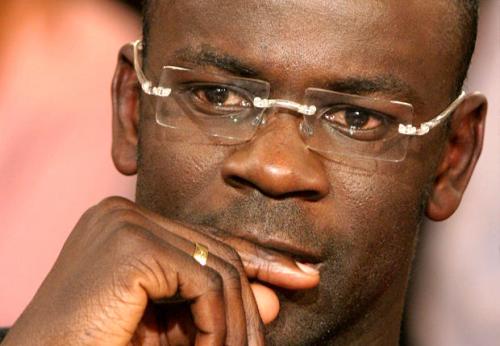It’s a tabloid editor’s dream, but for John Terry and Wayne Bridge it’s the fixture they’ve been dreading for weeks. All eyes will be on the pre-match handshake at Stamford Bridge tomorrow lunchtime, as these two rivals in love take their very public feud out of the bedroom and onto the playing field. Not since Blur and Oasis vied for the top of the Britpop charts has such a media frenzy surrounded a Chelsea-Manchester City showdown: the Premier League clash arrives just two days after Bridge announcing his permanent withdrawal from the England national team, a decision based on revelations of Terry’s affair with Vanessa Perroncel, Bridge’s former girlfriend and the mother of his child.
Bridge informed Franco Baldini of the news by phone, before releasing a statement in which he described his hard choice. “It has always been an honour to play for England. However, after careful thought, I believe my position in the squad is now untenable and potentially divisive. Sadly, therefore, I feel for the sake of the team and in order to avoid what will be inevitable distractions, I have decided not to put myself forward for selection. I wish the team all the very best in South Africa.”
It’s hard not to feel sympathy towards Bridge. His personal life torn apart by a former teammate (in addition to national duty he and Terry played at Chelsea together for five-and-a-half seasons) the Manchester City full-back has now been forced to renounce on his involvement in the World Cup.
The whole saga has posed a tricky predicament for England coach Fabio Capello. Many have suggested that as the guilty party Terry should be the one to step down from England duty, so as to avoid creating further disharmony in the team camp. Terry was stripped of the England captaincy just days after news of the story broke, though his place in the squad (and the starting eleven) apparently remains assured. Meanwhile Chelsea granted him compassionate leave to attempt to save his own marriage (he is the father of twins with Toni Poole). The light punishment unleashed on Terry demonstrates the awkward moral and sporting implications faced by Chelsea, Capello and the English FA. Captain of club and – until recently – country, for the fact is that Terry is a far more essential component for England than the peripheral Bridge, whose appearances for his country have been limited since Sven-Goran Eriksson resigned as coach in 2006. It’s perhaps fair to say that had their parts been reversed in this affair, Capello would have had few qualms about eliminating Bridge from the England set-up entirely.
Were it not for “Terrygate”, Bridge would in all likelihood have reprised his role as England’s first choice left-back in South Africa, given the ankle injury which is expected to keep Chelsea’s Ashley Cole (his own private life the stuff of tabloid fodder this week) out of action for three months. It’s a sad irony which undoubtedly influenced Bridge’s tough compromise for the good of the team: starting for England would have meant lining up alongside Terry in a defensive back four. Though Capello hopes there is still time for the player to change his mind, it’s hard to imagine Bridge getting many more opportunities to add to his 36 caps, assuming Terry remains the rock at the heart of England’s defence. Both players turn thirty later this year.
Terry himself today weighed in on Bridge’s dramatic announcement, questioning its timing and even labelling him “a bottler,” a term he suggested is representative of how Bridge is commonly perceived among fellow professionals. Following the Champions League final in 2008, in which Terry missed a penalty in the shoot-out after slipping, Chelsea’s captain was described by Frank Lampard as “a man’s man.” I’m not sure what that means, but in Terry’s case it apparently refers to an immoral, unprofessional, tactless traitor who also happens to be an important footballer. Something tells me Bridge is much better off.






















































